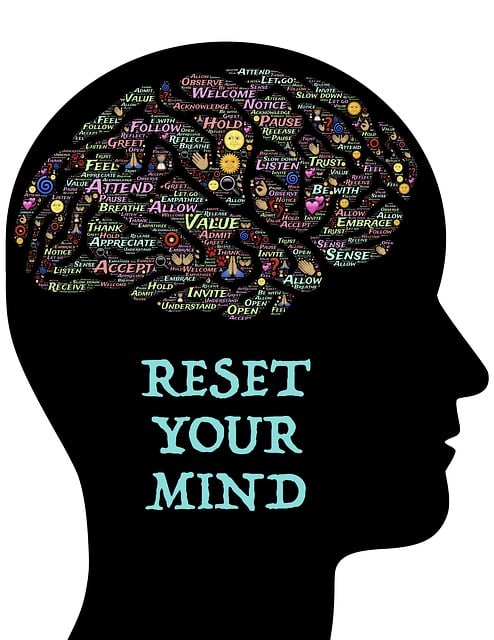The Stanford University professor who created the “mindset theory” came to the conclusion ten years ago that students’ motivation, learning, and academic success are significantly impacted by their beliefs about their brains, specifically whether they believe that intelligence is something that is fixed or something that can develop and change. Since then, the concept of mindset has gained popularity in education. Teaching growth mindsets in the classroom is something that many educators are really passionate about.
But under thorough examination, does the assertion of “growth mindset” therapies hold up?
Millions of tax dollars have been used by the federal government for mindset study. For instance, the Institute of Education Sciences is presently investing approximately US$3.5 million in a five-year study to ascertain whether a specific.Whether or not the commercially marketed mentality intervention known as Brainology works. 2019 is the anticipated year for study completion. Yet, Brainology has been sold to schools for thousands of dollars by Mindset Works, Inc. under the pretense that pupils will gain from utilizing it. For instance, the District of Columbia Public Schools purchase Brainology. Why do growth mindset interventions seem to be so appealing? In terms of academic accomplishment, how much of a difference do these interventions actually make?
Before we share our findings regarding growth mindset theory, it makes sense to first explain what growth mindset theory entails.
According to the theory, people can hold “fixed” mindsets or “growth” mindsets. Those who hold fixed mindsets believe that intelligence – or other attributes – are relatively stable. Those with fixed mindsets are thought to interpret challenges as signs they lack the intelligence needed to be successful. This leads these individuals to give up when they struggle or to become “devastated by setbacks.”
In contrast, people who hold growth mindsets believe that intelligence – or other attributes – can grow with effort. They are thought to interpret challenges as learning opportunities. This leads to exerting more effort when struggling and overcoming setbacks, according to Dweck’s theory.
This has led to the development of growth mindset intervention programs for schools.
Her colleague at Stanford, mathematics professor Jo Boaler, has stated there is a “powerful impact of growth mindset messages upon students’ attainment.”





